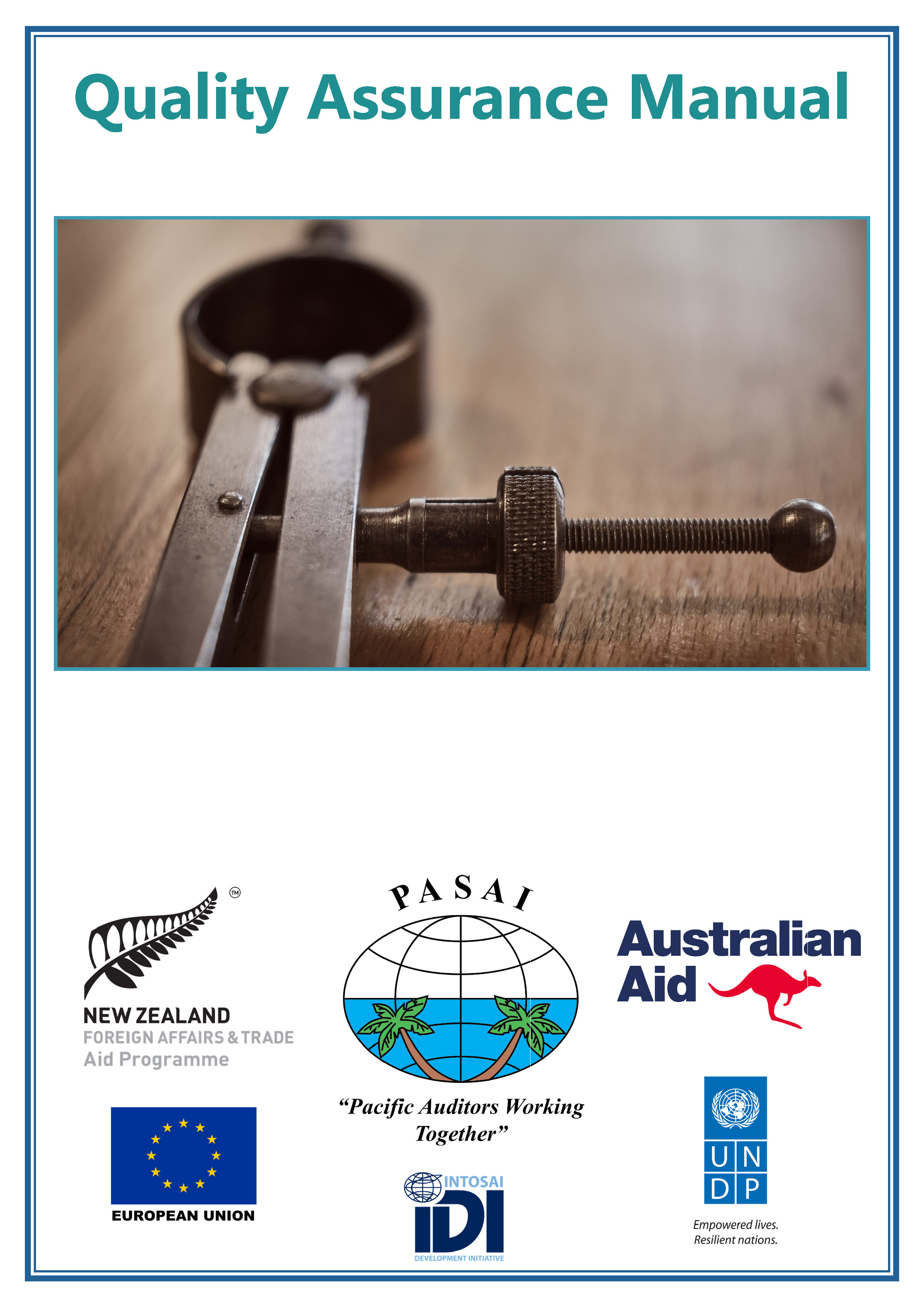4 August 2021
Auckland, New Zealand: An 18-month long leadership programme arranged by the Pacific Association of Supreme Audit Institutions (PASAI) for SAI Heads in the Pacific starts today.
Thirty-two SAI Heads and established second-tier leaders identified as likely future SAI Heads (nine female, 23 male) from all 20 SAIs in PASAI’s Polynesian, Melanesian and Micronesian subregional member groups will participate in the online programme.
The goal of the programme is to empower SAI Heads to perform internal leadership responsibilities more effectively and to be more successful as leaders and influencers in their public financial management and public sector governance systems.
PASAI Chief Executive, Esther Lameko-Poutoa, acknowledged the training gap being filled by the programme, “While PASAI has facilitated comprehensive audit training to SAI staff which sometimes included SAI Heads, there has been limited activity focused on the unique leadership challenges for those in that role”.
The training provider, Beasley Intercultural, has delivered customised executive coaching programmes to clients including the United Nations, the Australian National Audit Office and the University of Sydney.
Beasley Intercultural will work with SAI Heads throughout the delivery of the programme to adapt the content to address issues arising from the series of workshops and smaller group discussions.
Ms Lameko-Poutoa expanded, “Due to the need to operate independently, the role of the SAI Head is an inherently lonely one.
“We see great value in this cohort-based programme so SAI Heads can benefit from the mutual support and experience sharing that they cannot easily seek within their own jurisdictions”.
The programme will focus on:
leading and establishing organisational culture
people management
organisational leadership
managing and developing stakeholder relationships
tackling challenges and maintaining a long-term view.
Founder, CEO and project overseer, Tamerlaine Beasley, summarised the coaching team’s credentials when the programme was revealed at PASAI’s recent Congress, “Our team are going to be coming to you with deep experience and understanding of working in the Pacific and with leaders like yourselves … and they’re going to be drawing on that experience and expertise to make sure that what we’re talking about is nuanced and relevant to your world and context”.
The programme will cover topics including organisation dynamics, building trust and influencing, strategic goals, performance monitoring, succession planning, managing conflict and negative publicity, responding to political change, gender equality, managing diversity and creating an inclusive culture.
PASAI acknowledges the support of the New Zealand Ministry of Foreign Affairs and Trade (MFAT) and the Australian Department of Foreign Affairs and Trade (DFAT).
-----END----
Contact information:
Esther Lameko-Poutoa, Chief Executive PASAI, Auckland, New Zealand
E: secretariat@pasai.org P: +64 9 304 1275
PDF version of this media release













